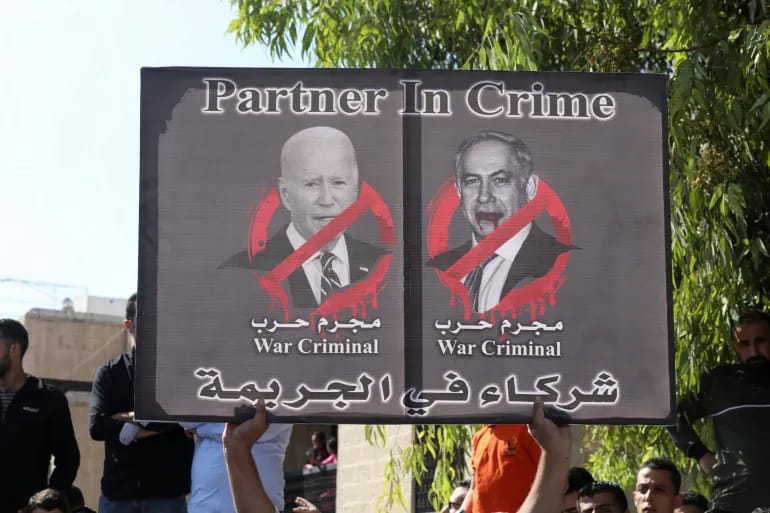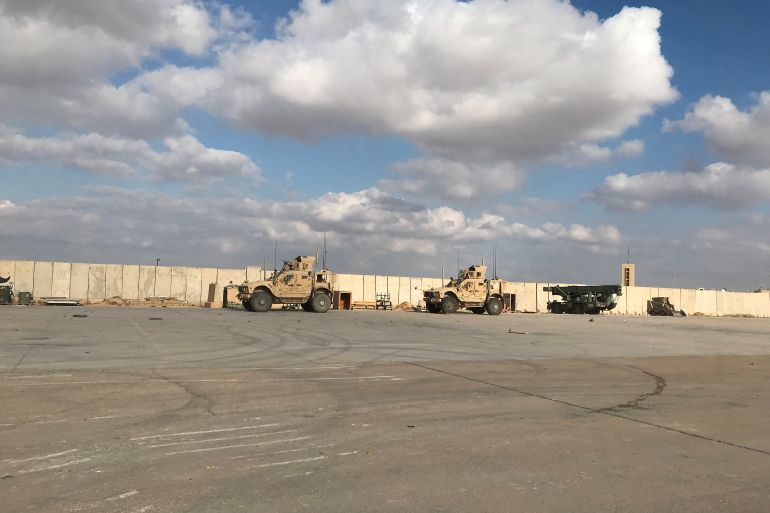In a surprising twist of geopolitical dynamics, the Biden administration is flexing its diplomatic muscles, urging Israel to implement “humanitarian pauses” in its military operations in Gaza. This unexpected move comes amid heightened tensions and a complex web of strategic considerations. Despite the enduring alliance between the US and Israel, President Biden appears to be navigating a delicate balance, recognizing the need for collaboration with Arab partners while bolstering military presence in the region. As the stakes rise, the world is left questioning the motivations behind this unusual diplomatic stance.
A Balancing Act – US Relations with Israel and Arab Partners
The United States, historically entrenched in a strong alliance with Israel, finds itself at a crossroads. While Israel remains a steadfast strategic partner in the Middle East, the Biden administration recognizes the importance of fostering relationships with Arab nations. The delicate dance between maintaining ties with Israel and appeasing Arab partners adds a layer of complexity to US foreign policy. The recent call for “humanitarian pauses” reflects a nuanced approach, seeking to address the concerns of Arab nations without jeopardizing the enduring bond with Israel.
Unraveling the Cold War Legacy
To understand the intricacies of current US foreign policy in the Middle East, it’s crucial to unravel the legacy of the Cold War. The division of allegiances during the bipolar world, where Israel stood with the US and countries like Syria and Iraq aligned with the Soviet Union, shaped the geopolitical landscape. The seismic shift with the Islamic Revolution in Iran in 1979 altered alliances dramatically, turning the US into Iran’s archenemy. The end of the Cold War brought unforeseen challenges, exposing the shortcomings of US oversight and analytical capabilities.
Biden’s Strategic Reset – A Bid for Regional Influence
As the Biden administration recalibrates its Middle East strategy, there’s a palpable acknowledgment of past mistakes. The hasty engagements in Iraq, Afghanistan, and Syria revealed the limits of US power and influence. In the aftermath, Iran expanded its regional sway, and the US struggled to counterbalance it. With an eye on the 2024 elections, President Biden aims to project an active and balanced role in the region. The push for “humanitarian pauses” in Gaza becomes a diplomatic tool, signaling a departure from the off-the-hip approach of the previous administration and a commitment to mediating peace in a region fraught with complexities.
As the Biden administration threads the needle between supporting Israel and engaging with Arab partners, the world watches with bated breath. The call for “humanitarian pauses” serves as a strategic gambit, emphasizing the US commitment to regional stability and peace. In a geopolitical landscape marred by historical alliances and contemporary challenges, President Biden’s approach signals a departure from impulsive decision-making, seeking a more nuanced and balanced role in the Middle East.
















